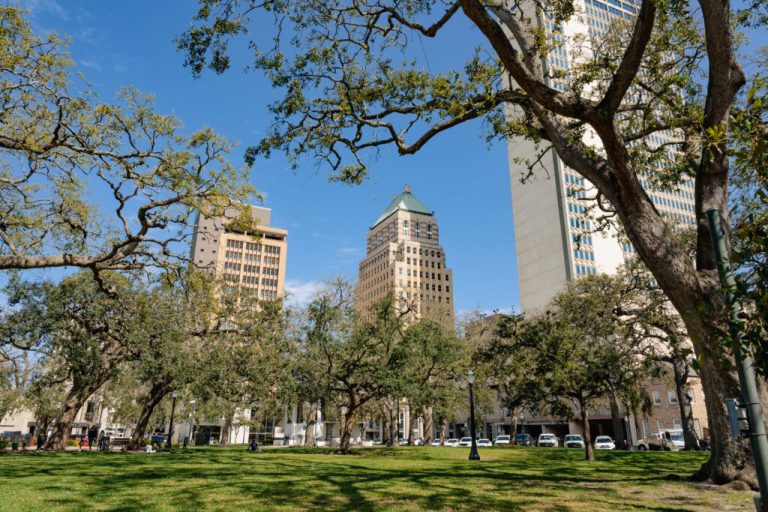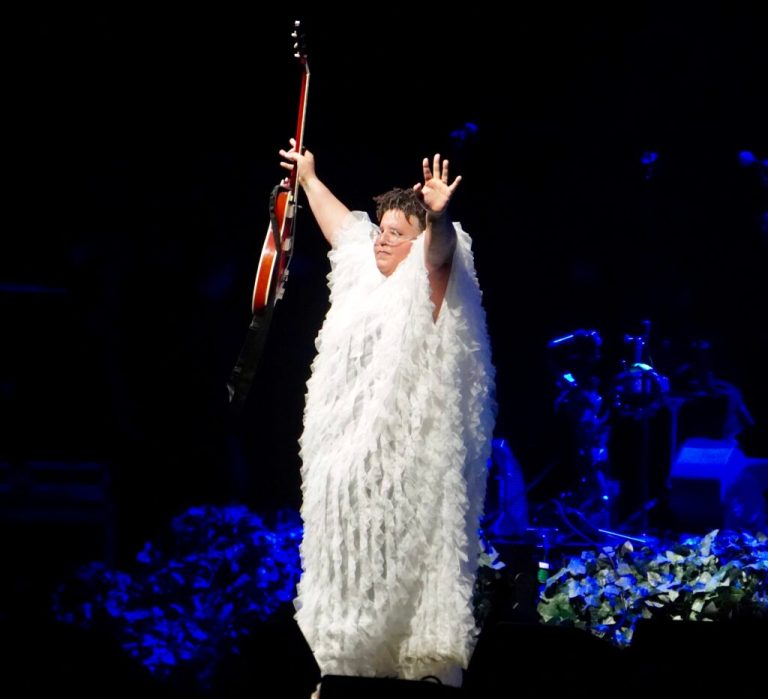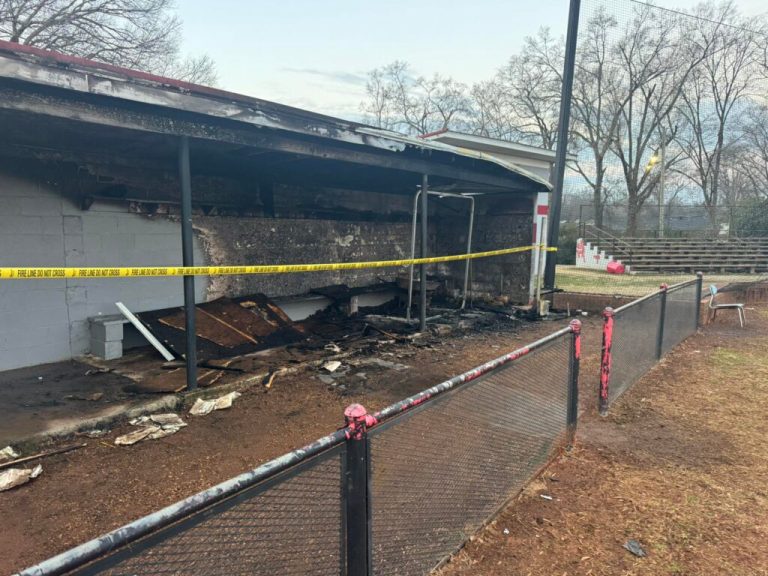The hidden history of Cullman’s Ave Maria Grotto
Reading time: 3 minutes

Just past downtown Cullman, you can find Alabama’s original roadside attraction. Opened in 1934, the Ave Maria Grotto is an interactive and expansive work of public art. Keep reading to learn more about the grotto’s history and impact.
Brother Joseph’s brain child

The Ave Maria Grotto has a long and complex history, but it all begins with Brother Joseph Zoettl. Brother Joseph came to Cullman, Alabama from Germany in the early 1890s to help found St. Bernard Abbey. He was around 5 feet and weighed less than 100 pounds. Though Brother Joseph dreamed of becoming a priest, he ended up shoveling coal in the monastery’s power station.

At the end of his long work days, Brother Joseph made miniature statues of Catholic figures. Eventually, he moved on to larger figures and created “Little Jerusalem” in the monks’ gardens. It became so popular in the 1910s that the other monks asked Brother Joseph to relocate his work of art to an old quarry below the monastery. That quarry is the site of the Ave Maria Grotto today.

Brother Joseph broke down Little Jerusalem and brought it to the grotto. He created 100s of miniature cathedrals between 1920 and the 1950s, which decorate the hillsides of the grotto. Almost all of them were based on pictures or written descriptions–Brother Joseph had seen few in person.
Roger Steele, the director of Ave Maria Grotto today, said Brother Joseph put everything into the project.
“He was shy, he was humble, and he epitomized the Benedictine mantra of work, pray, work. For him, this was his life, this was his ministry. You’re going to see his life when you go out there.”

Brother Joseph built his last miniature, the Lourdes Cathedral, in 1958. He died in 1961. His art continues to impact St. Bernard Abbey and the town of Cullman. Between 30 and 40,000 people visit Ave Maria Grotto every year. 70% of them are non-Catholic.
The grotto today
Today, grotto staff are working on revitalizing the grounds through a new garden and meditation trail. Monks from the St. Bernard also sell delicious bread and cookies at the grotto’s gift shop.

I always have an incredibly meditative experience while walking through the grotto. It is a place of calm and intricate artistry. The grotto is less than ten minutes off I-65, and it’s fully worth the stop.
Finding Ave Maria Grotto
- Location: 1600 St Bernard Dr, Cullman, AL 35055
- Contact: 256.734.4110 | Facebook | Instagram
What’s your favorite roadside attraction in Alabama? Tag @thebamabuzz and share the scoop!



